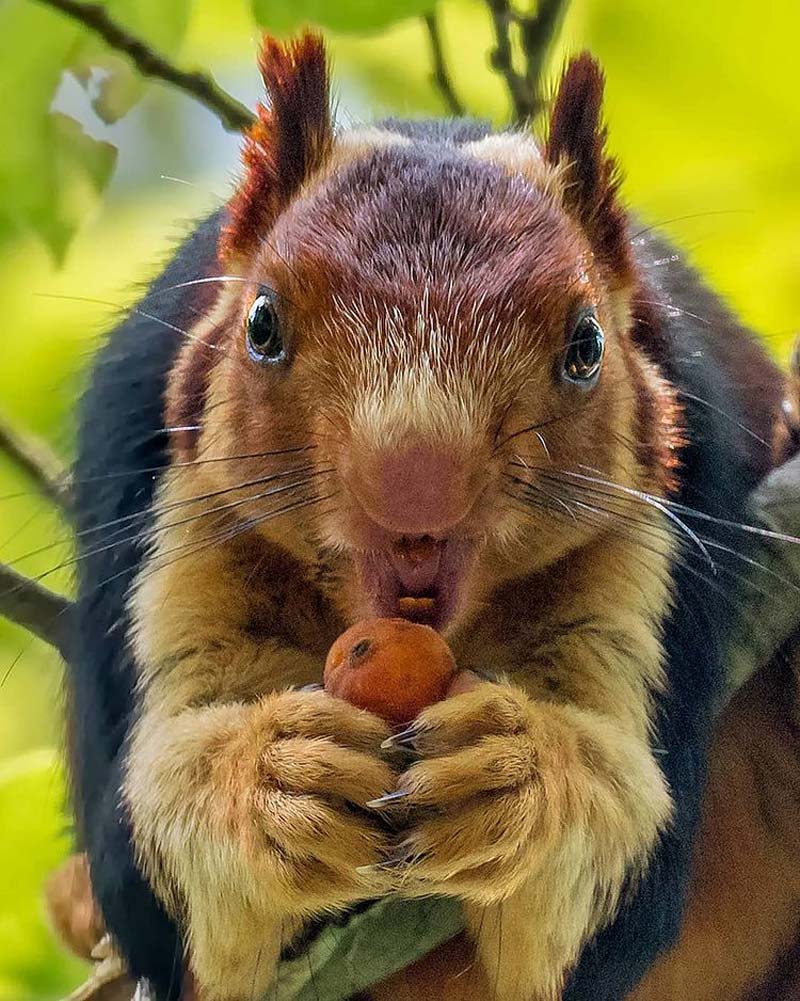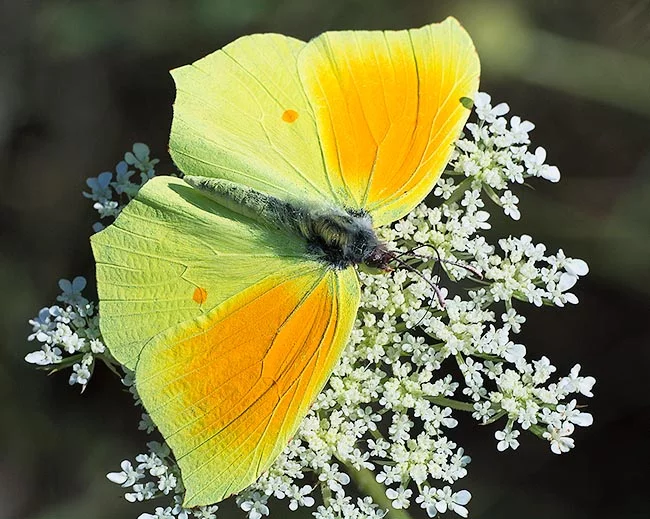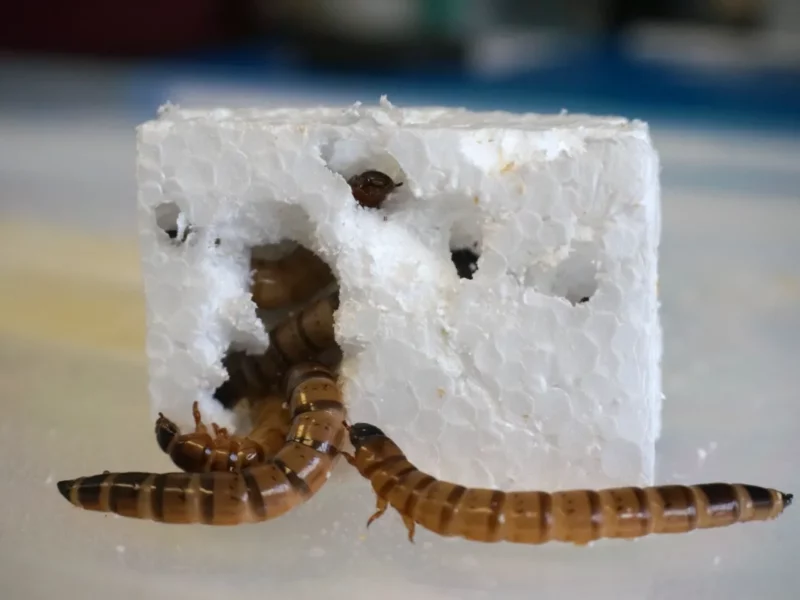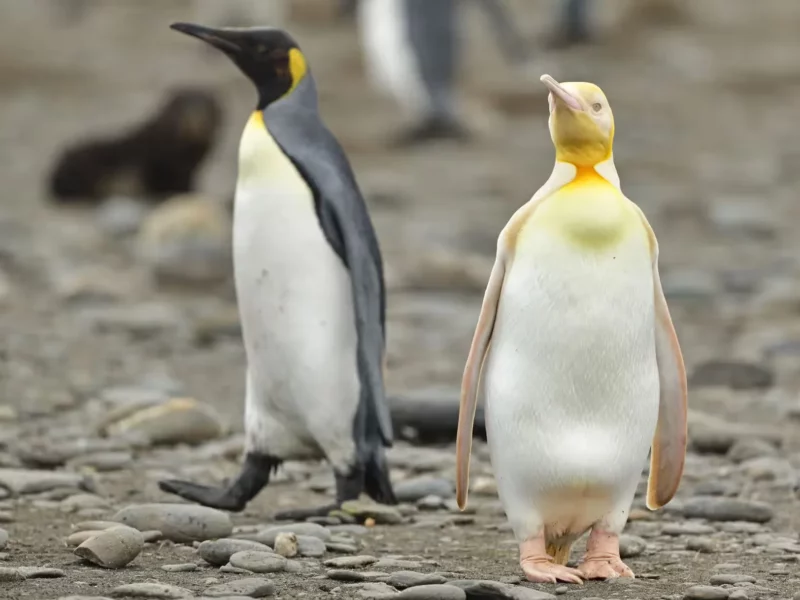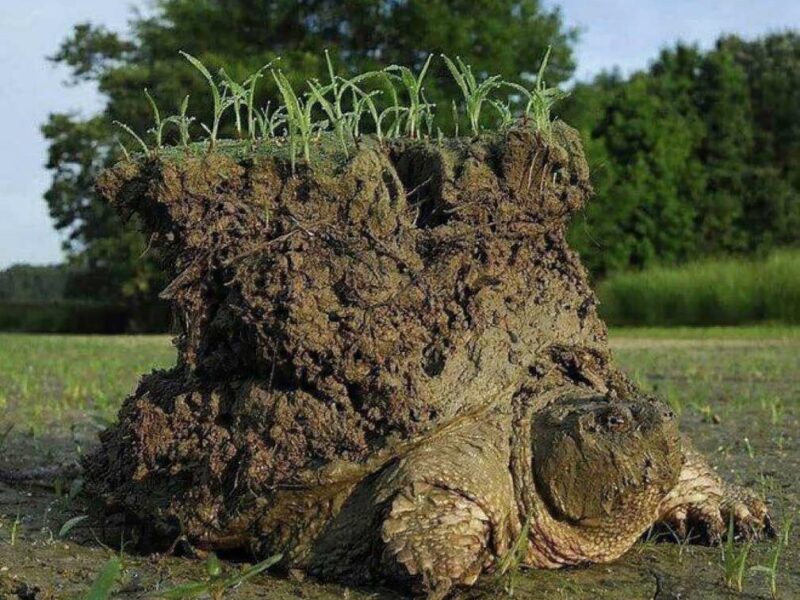It is generally not a good idea to feed wild animals, as it can interfere with their natural behavior and create dependency on human handouts. Wild animals have evolved to find and obtain their own food, and providing them with handouts can disrupt this natural process. Additionally, feeding wild animals can also pose risks to both the animals and humans.
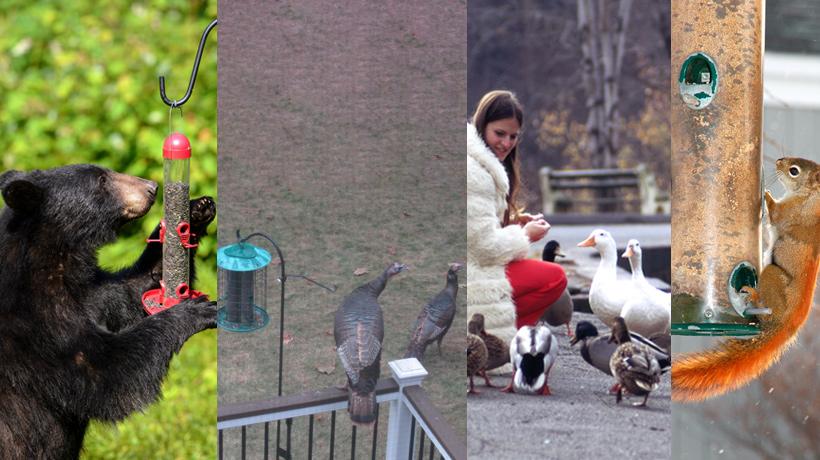
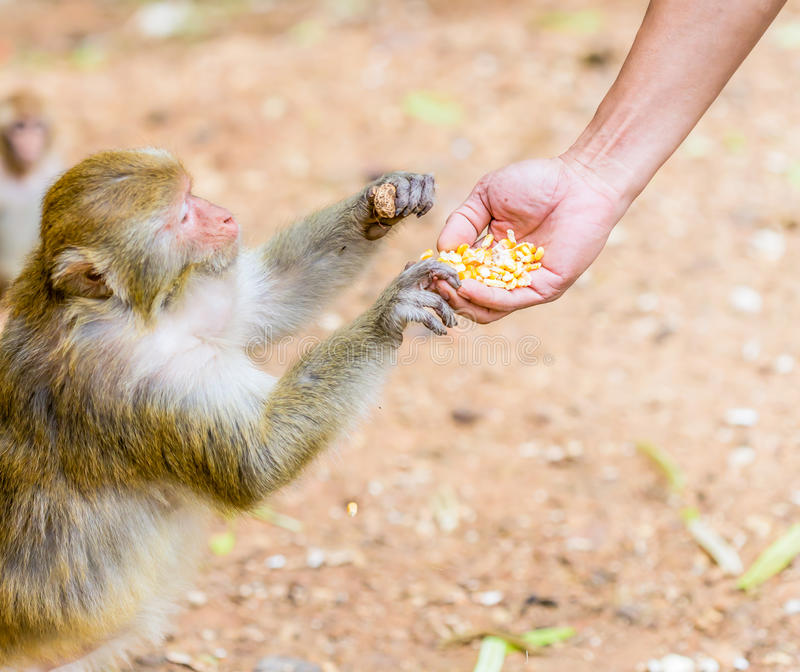
—
Some of the potential negative consequences of feeding wild animals include:
- Altering natural behavior: When wild animals become accustomed to receiving food from humans, they may become less reliant on finding food on their own and may exhibit altered behavior. This can lead to problems such as increased aggression towards humans or decreased ability to forage or hunt for food, which can ultimately impact the animal’s survival in the wild.
- Spread of disease: Wild animals can carry diseases that can be transmitted to humans. When wild animals are fed by humans, they may be more likely to come into close contact with humans, increasing the risk of disease transmission. This can be harmful to both the animals and humans.
- Human safety: Wild animals may become aggressive towards humans if they feel threatened or if they become accustomed to receiving food from humans. This can pose a safety risk to humans, particularly if the animal is large or dangerous.
- Nutritional problems: Feeding wild animals inappropriate or unhealthy food can lead to nutritional problems and may even cause their death. Wild animals have specific dietary needs and feeding them inappropriate food can cause them harm.
- Dependence on humans: When wild animals become accustomed to receiving food from humans, they may become dependent on this food source and may have difficulty surviving if the food source is suddenly removed. This can lead to negative impacts on the population of the species in the long term.
- Negative impacts on the environment: Feeding wild animals can also have negative impacts on the environment. For example, if large numbers of wild animals are attracted to an area due to feeding, this can lead to overcrowding and resource competition, which can have negative impacts on the local ecosystem.
- Unwanted or aggressive animal behavior: Wild animals may become more aggressive or demanding of food when they are fed by humans. This can lead to negative interactions between humans and animals.
- Increased risk of vehicle collisions: When wild animals become accustomed to receiving food from humans, they may be more likely to cross roads and other areas where they may be at risk of being hit by vehicles.
- Attraction of other unwanted animals: Feeding wild animals may also attract other unwanted animals, such as pests or predators, to the area.
- Legal consequences: In some areas, it is illegal to feed wild animals. If you are caught feeding wild animals, you may face legal consequences, such as fines or other penalties.
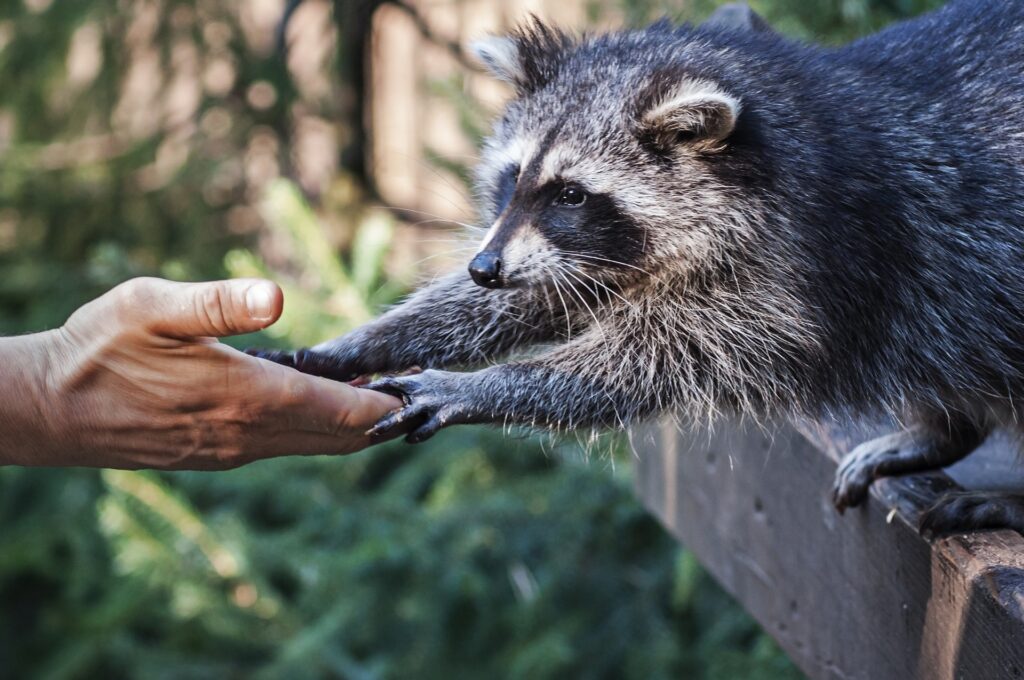
While it is generally not a good idea to feed wild animals, there may be some exceptions in certain circumstances. For example, if a wild animal is injured or orphaned and is being cared for by a licensed rehabilitation facility or professional, they may be given food as part of their care. In these cases, the food is typically carefully chosen to ensure that it meets the animal’s specific nutritional needs.
Another exception may be in the case of birds, particularly during the winter months when natural food sources may be scarce. In these cases, it is generally acceptable to provide birds with a source of food, such as birdseed or suet, as long as it is done in a way that does not alter their natural behavior or cause them harm. However, it is important to be mindful of the type of food being provided and to keep feeders clean to prevent the spread of disease.
In general, it is best to leave wild animals to find their own food and not interfere with their natural behavior.
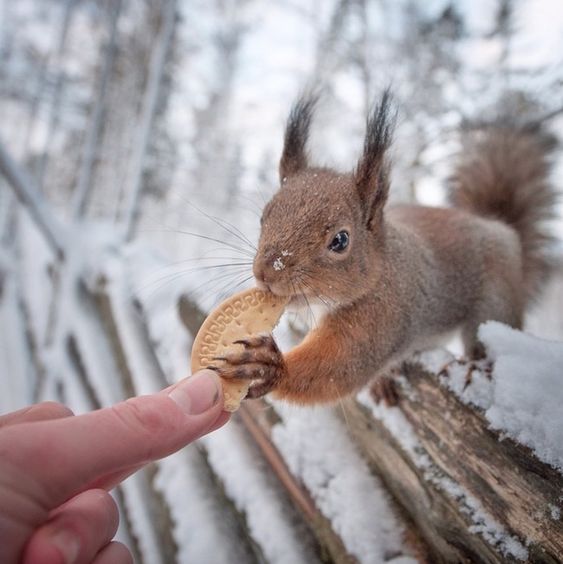
If you want to help wild animals, there are other ways you can make a positive impact:
- Protect and preserve natural habitats: Wild animals rely on healthy habitats to survive. You can help by supporting organizations that work to protect and preserve natural habitats, such as through donations or volunteering your time.
- Avoid using pesticides and other harmful chemicals: These chemicals can have negative impacts on the health of wild animals and their habitats. Choose environmentally friendly products and practices to help protect wild animals and their habitats.
- Educate others about the importance of protecting wild animals and their habitats: Share what you have learned with others to help raise awareness about the importance of preserving wild animals and their habitats.
- Volunteer or donate to organizations that work to protect and preserve wild animals and their habitats: There are many organizations that work to protect and preserve wild animals and their habitats. You can support these organizations through volunteering your time or by making a donation.
- Support sustainable tourism: If you enjoy traveling and want to help wild animals, choose eco-friendly and sustainable tourism options. These types of tourism options often have a positive impact on local communities and the environment.
- Reduce your carbon footprint: Wild animals and their habitats are affected by climate change. By reducing your carbon footprint, you can help to reduce the negative impacts of climate change on wild animals.
- Be a responsible pet owner: If you have a pet, ensure that it is properly cared for and kept under control. This can help to prevent negative interactions between pets and wild animals.
- Support responsible fishing practices: Many wild animals, including birds and marine animals, rely on healthy bodies of water for survival. By supporting responsible fishing practices, you can help to protect these ecosystems and the animals that rely on them.
- Protect and preserve biodiversity: Biodiversity is important for the health of ecosystems and the survival of wild animals. You can help to protect and preserve biodiversity by supporting organizations that work on conservation efforts.
- Get involved in local conservation efforts: Many local organizations and groups work to protect and preserve wild animals and their habitats. You can get involved in these efforts by volunteering your time or supporting their efforts in other ways.
Wildlife plays a vital role in maintaining the balance of ecosystems and supporting biodiversity. Without healthy populations of wild animals, ecosystems can become disrupted, leading to negative impacts on the environment and other species.
In addition to the ecological benefits of preserving and taking care of wildlife, there are also economic benefits. Many industries, such as wildlife tourism, rely on healthy ecosystems and wild animal populations to thrive. By preserving and taking care of wildlife, we can help to support these industries and the communities that rely on them.
Cultural and spiritual values also play a role in the importance of preserving and taking care of wildlife. Many cultures and spiritual traditions place value on the preservation of wildlife and the natural world. By preserving and taking care of wildlife, we can respect and honor these values.
Ethical considerations are also important when it comes to preserving and taking care of wildlife. Many people believe that it is our responsibility to protect and care for other living beings, including wild animals. By preserving and taking care of wildlife, we can fulfill this ethical obligation.
Finally, preserving and taking care of wildlife is important for the benefit of future generations. By ensuring that wild animal populations are healthy and sustainable, we can ensure that future generations have the opportunity to experience and appreciate the diversity of plant and animal life on our planet.
In summary, preserving and taking care of wildlife is important for ecological, economic, cultural, spiritual, ethical, and future generations’ reasons. It is our responsibility to protect and care for wild animals and the ecosystems they depend on, and by doing so, we can help to create a more sustainable and healthy world for all living beings.
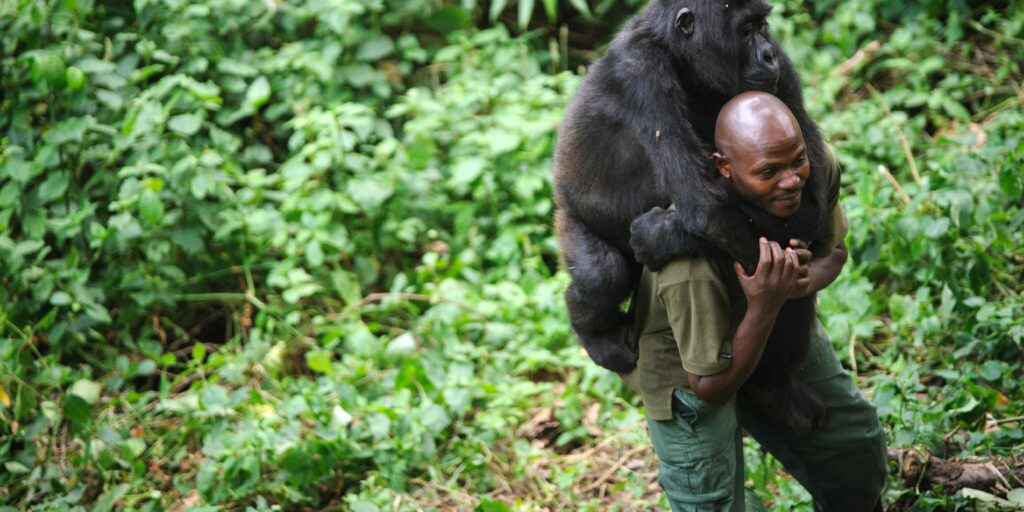
Preserving nature for the next generations is important for a number of reasons. First and foremost, nature provides many essential resources, such as clean air, water, and food, that are necessary for human survival. By preserving nature, we can ensure that these resources are available for future generations. In addition, nature is home to a diversity of plant and animal species that provide important ecological, economic, cultural, and spiritual value. By preserving nature, we can ensure that future generations have the opportunity to experience and appreciate this diversity. Finally, preserving nature can also help to mitigate the impacts of climate change and other environmental challenges, which will be important for the well-being of future generations.

